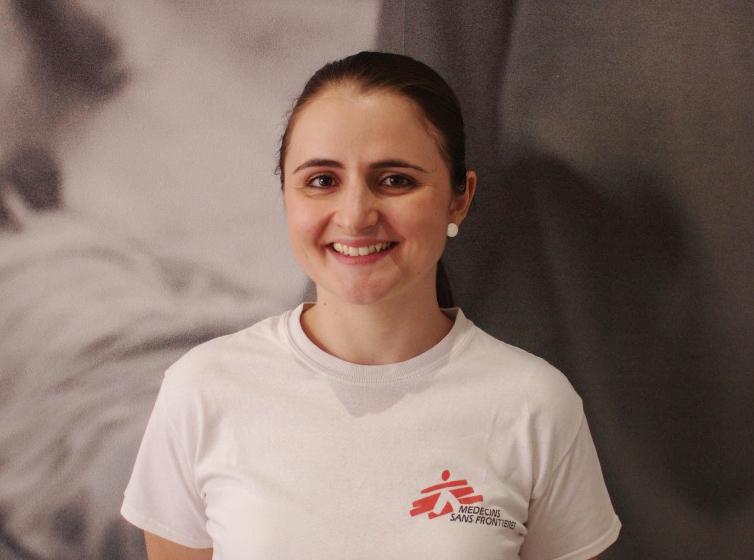“People are so resilient,” says Claire Waterhouse, who recently returned from Sulaymaniyah Governorate in Kurdish Iraq where she worked as the human resources coordinator for Doctors Without Borders (MSF).
Claire, who joined MSF as a fieldworker in 2014, previously worked in the Central African Republic and assisted with the organisation’s response to the 2015 Ebola epidemic in Liberia and Guinea.
Now regularly based in Johannesburg as the Advocacy Officer for MSF’s Access Campaign, she spent a month in Iraq helping recruit and manage national staff for MSF’s projects in the area.
In Sulaymaniyah, along the border between Iraq and Kurdish Iraq, MSF assists people fleeing the ongoing conflict between the Islamic State (IS) group and the Iraqi government/coalition forces in Mosul.
The project supports the Sulaymaniyah emergency hospital, where MSF has completed the rehabilitation of the ER and ICU wards.
Since 2015 the organisation has worked in internally displaced people (IDP) camps in the governorate, conducting health promotion activities and providing psychosocial support.
Claire shares her impressions from her time in the field.
“Sulaymaniyah, which is in Kurdish Iraq, is about an hour away from the actual fighting in Mosul.
Even though there is no sense of war or imminent threat where we were, there are still very strict security guidelines to follow.
As an HR Coordinator, I mostly worked in an office. But I went to the camps for IDPs a couple of times and to the main hospital, MSF supported there. The people are amazing. And the things you read in the news are real.
You get there and you see: there is the Yazidi section of the camp with people who have gone through intense things with the IS group and managed to flee and get here; then here is the Arab section from Syria, people who chose Iraq over Syria – that’s how desperate they were; and then there are the Iraqi IDPs from Mosul.
And the number one thing is people want to go home.
If you ask them they say: ‘I have a house there and I need to see if it’s standing, I need to start my shop again, I need to get back there. As soon as it is possible to go, I’m going back’.
It’s not just about them being hopeful and optimistic, it’s also a practical thing – that their home is Mosul and they want to be home, back with their communities, getting things back to normal again.
They want to get their lives back on track.People are so resilient. It’ amazing to think you can go through that kind of stuff and still come out thinking ‘I want to rebuild’.
The Syrians, for example, have already been living in the camps for like 3-4 years, with no end of the war in sight.So the things you read about refugees in certain media, the anti-refugee sentiment, it’s so far off from what’s really happening.
You just have to visit one of these camps to see it. People don’t want to leave their country by choice.
MSF’s national staff there are skilled and had full lives before the war – two of my assistants were oil engineers until the war came. Now they work for MSF as admin assistants.
Our head of psychosocial support in the camp has been a trained psychologist for about 15 years; some staffs are engineers and scientists who have nothing now and just live in these small tents in the IDP camps.
They are all wonderfully resilient, smart and educated people who want to do better. But because of the war, they just can’t.”
Find out more about MSF's work in Iraq.
